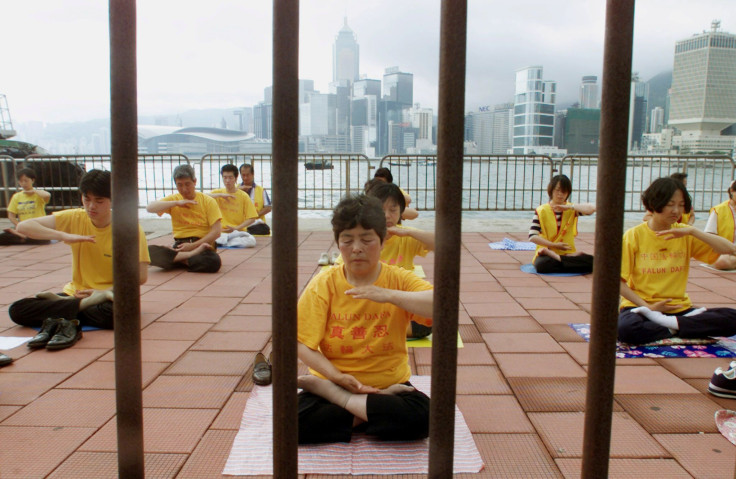Imprisoned Falun Gong Members Are Being Killed For Organs, China Tribunal Finds
China Likely Harvesting Organs From Jailed Falun Gong Members, Tribunal Finds
Imprisoned members of the Falun Gong spiritual group have been subjected to forced organ harvesting, the China Tribunal, an independent panel has found.
However, China has denied the accusations and said it stopped using organs from executed prisoners in 2015.
The latest finding by the China Tribunal reveals that "the practice was still taking plac." It said that imprisoned Falun Gong members are probably the ‘principal source’ of organs for forced harvesting.
Beijing outlawed Falun Gong, a spiritual group, almost two decades ago. The group sought to combine the Chinese "qigong," a slow-moving exercise popular in the 1990s with Taoist moral teachings. Followers described it as a form of mediation for self-improvement than a religion. But this was not acceptable by China’s ruling communist party. The Chinese government said Falun Gong had "created disturbance and jeopardized social stability" and the movement was banned nationwide as an "evil cult." Experts say the Communist Party was "fearful" of Falun Gong because it reminded them of past religions-turned-rebellions, and cited Taiping revolt that was responsible for 20 million deaths.
Followers and practitioners were sentenced to "reform through labor" camps where they were starved, beaten and tortured with electric batons. In 2008, there were over 3,000 documented cases of people killed by state persecution. The New States Man said there is increasingly solid evidence that suggests that many more have been targeted as unwilling donors of kidneys, livers, and hearts.
In 2006, a controversial Canadian report said the Chinese regime was performing about 60,000 to 100,000 transplants per year - about six times the official total of about 10,000. This indicated that there are unacknowledged organ sources in China, with the primary source being the imprisoned Falun Gong practitioners. However, the authors of the report noted the difficulty of verifying cases of human rights abuses within China due to "government secrecy" and "obstruction."

The Tribunal also found that the Uighur Muslim minority is also ‘vulnerable’ to being used as a bank of organs. Sir Geoffrey Nice, the Tribunal chairman in the judgement said the conclusion shows that many people have died in describably hideous deaths for no reason. The panel found it was ‘beyond doubt’ that forced organ harvesting fro prisoners has taken place "on a substantial scale by state-supported or approved organizations and individuals."
© Copyright IBTimes 2024. All rights reserved.





















